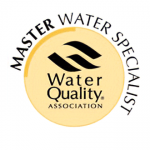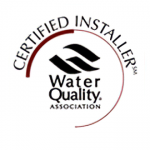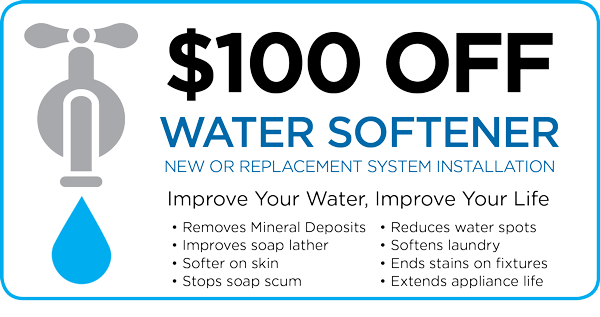New Jersey Water Softening FAQs
What is hard water?
The term “hard water” describes that has high levels of naturally occurring minerals like calcium and magnesium that make water unpleasant to use. Hard water may also contain more obvious minerals like iron, which gives water a reddish color and slimy feel.
The term “hard water” describes that has high levels of naturally occurring minerals like calcium and magnesium that make water unpleasant to use. Hard water may also contain more obvious minerals like iron, which gives water a reddish color and slimy feel.
Why is hard water a problem?
Soap does not readily dissolve in hard water, causing dry skin and hair, crusty mineral scale and unexplained stains on bathroom fixtures, soapy bathtub ring, and water spots on glass (like shower doors) and on dishes, glassware, and silverware in the dishwasher. These are all indications of hard water. The minerals in hard water also build up inside pipes and appliances, so water pressure can be weak and water heaters, ice makers, dishwashers, and washing machines can be made less efficient and even damaged.
Soap does not readily dissolve in hard water, causing dry skin and hair, crusty mineral scale and unexplained stains on bathroom fixtures, soapy bathtub ring, and water spots on glass (like shower doors) and on dishes, glassware, and silverware in the dishwasher. These are all indications of hard water. The minerals in hard water also build up inside pipes and appliances, so water pressure can be weak and water heaters, ice makers, dishwashers, and washing machines can be made less efficient and even damaged.
Is hard water a common problem in New Jersey?
Hard water is a very common problem in New Jersey. It is found in most municipal and private wells throughout the state, but even more so in Northern New Jersey. Hard water is also common in 85 percent of the United States.
Hard water is a very common problem in New Jersey. It is found in most municipal and private wells throughout the state, but even more so in Northern New Jersey. Hard water is also common in 85 percent of the United States.
How can hard water be fixed?
Hard water can be treated with a water softener. Water softening systems work by removing certain hard minerals found in your water. Typically, these “hard” minerals like calcium and magnesium are replaced with “soft” mineral ions such as sodium. This is the basis of the phrase soft water. Jayson’s system “softens” water by removing these minerals and as a result, makes your water more pleasant, efficient and economical to use.
Hard water can be treated with a water softener. Water softening systems work by removing certain hard minerals found in your water. Typically, these “hard” minerals like calcium and magnesium are replaced with “soft” mineral ions such as sodium. This is the basis of the phrase soft water. Jayson’s system “softens” water by removing these minerals and as a result, makes your water more pleasant, efficient and economical to use.
Water Softener Sales and Installation
Click the offer $100 off installation offer below for more information. A Jayson certified water technician can explain how our systems work and present the options available.
|
  |

